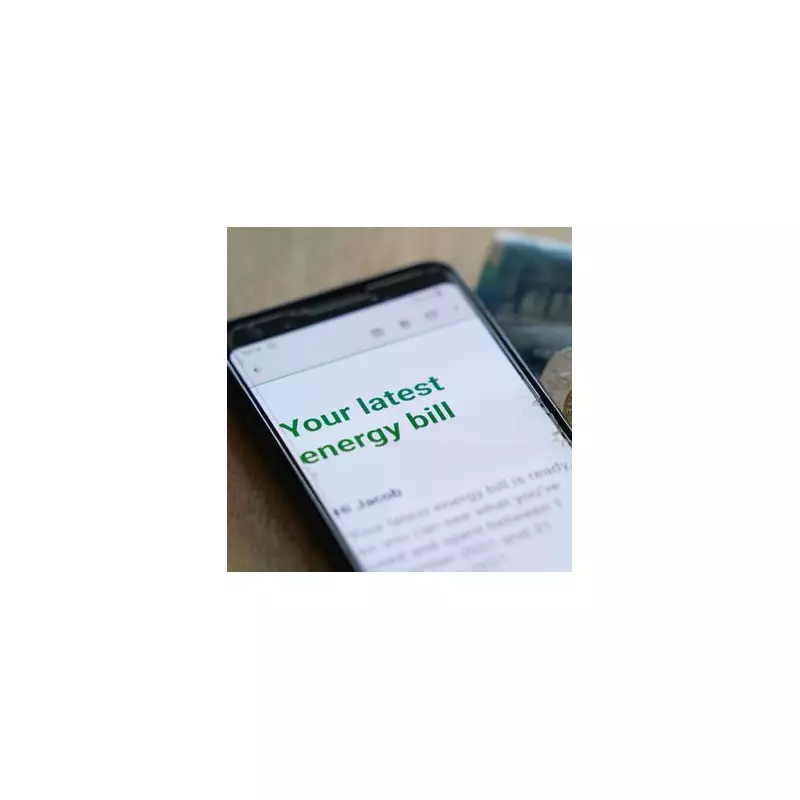
Millions of households across the UK will see their energy bills increase from January 2026, following a new announcement from the energy regulator.
What Ofgem's New Price Cap Means for Your Bills
The regulator, Ofgem, has confirmed a 0.2% rise in the energy price cap for the first quarter of the new year. This adjustment means the average annual dual fuel energy bill will now be capped at £1,758 for the period from January to March 2026, a slight increase from the current level of £1,755.
This change will add approximately £3 to the typical yearly energy cost, with the increase taking effect from 1st January.
A Complex Picture: Lower Than Last Year But Higher Than Pre-Crisis
Despite the upcoming increase, Ofgem points out that the new cap is actually 2% lower than the equivalent period last year. This represents a real-terms decrease of around £37 compared to the January to March 2025 figure.
However, the regulator was keen to provide context, noting that energy bills this winter are still expected to remain significantly higher than historical norms. Current costs are predicted to be roughly 50% higher than they were before the war in Ukraine triggered a major surge in global energy prices.
Volatile Market Conditions Continue
Ofgem reported that wholesale gas and electricity prices have recently stabilised, even falling by 4% over the last three months. Nevertheless, the overall energy market is still described as highly "volatile".
An Ofgem representative acknowledged the difficult position this puts consumers in, stating that while energy prices have decreased in real terms over the past two years, many people may not be feeling the financial relief. This is because wholesale energy costs continue to be the largest component of a bill, leaving households exposed to fluctuations in the international market.
The price cap is designed to act as a safety net, preventing energy suppliers from overcharging customers on standard variable tariffs. Ofgem emphasised, however, that the cap is a basic protection and encouraged consumers to look for ways to reduce their overall energy consumption to better manage their bills in the long term.





